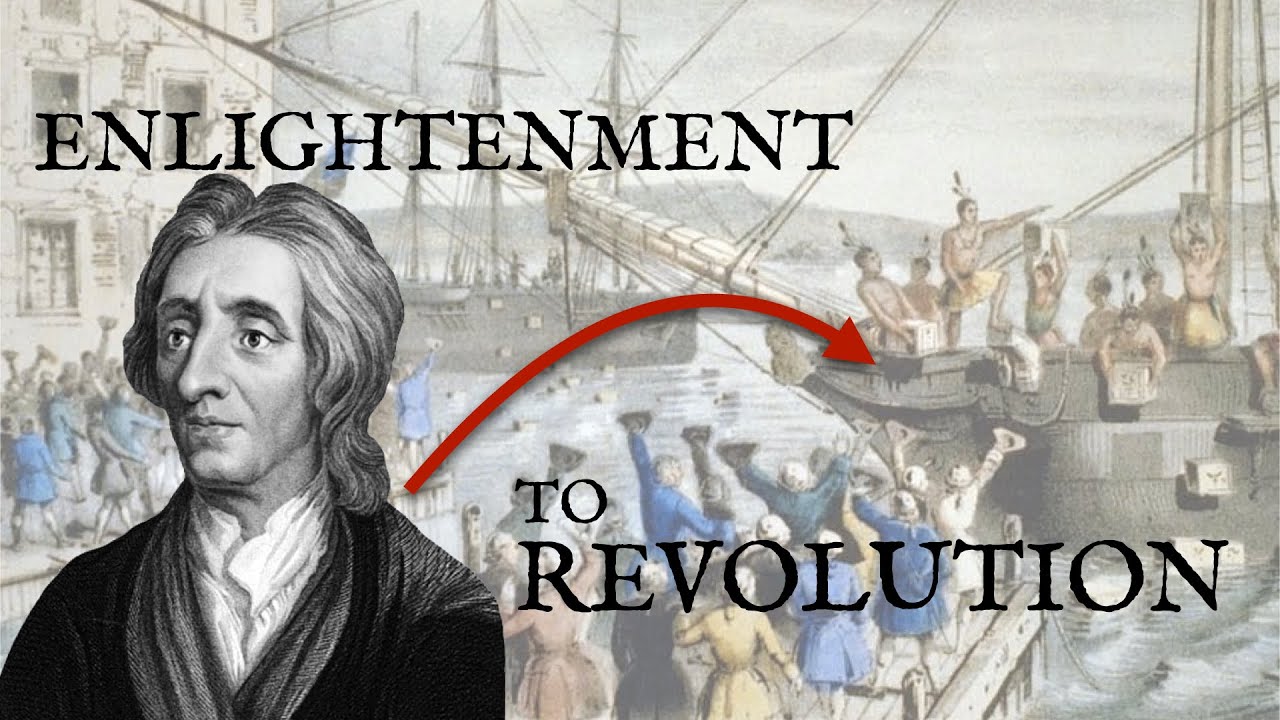The philosophes hailed improvements in industry and agriculture and the continued advance of science. A Swedish botanist and physician, Carolus Linnaeus (Carl von Linne, 1707-1778), proposed a system for classifying plants and animals by genus and species, which biologists still follow today.
Modern chemical analysis started with Joseph Black (1728-1799), a Scottish professor who exploded the old theory that air was composed of a single element by proving the existence of several discrete gases. Black’s French contemporary, Antoine Lavoisier (17431794), continued the study of gases and demonstrated that water is made up of hydrogen and oxygen. Lavoisier asserted that all substances were composed of a relatively few basic chemical elements, of which he identified twenty-three.
In the eighteenth century astronomy and physics consolidated the advances they had made in the seventeenth. The marquis de Laplace (1749-1827) rounded out Newton’s investigation of celestial mechanics and explained the movements of the solar system in a series of mathematical formulas and theorems.
In the American colonies Benjamin Franklin (1706-1790) showed that electricity and lightning are really the same. He obtained an electrical charge in a key attached to the string of a kite flown during a thunderstorm in Philadelphia.
Almost every state in Europe had its philosophes and its royal or learned society to promote the progress of knowledge. Intellectual life was by no means limited to the capitals and big cities; by the middle of the eighteenth century, for example, many provincial towns in France had academies with reading rooms and lending libraries. Intellectuals paid scant attention to national frontiers and, even in wartime, continued to visit enemy countries and correspond with their citizens.

